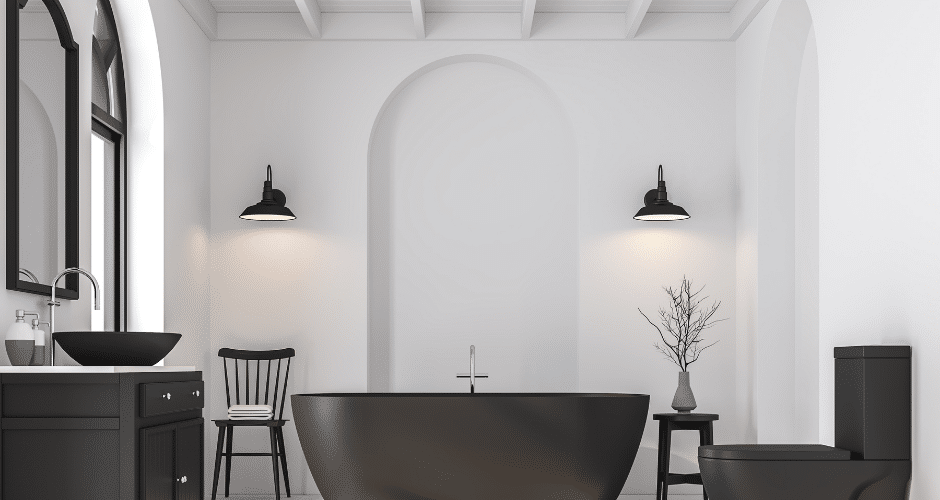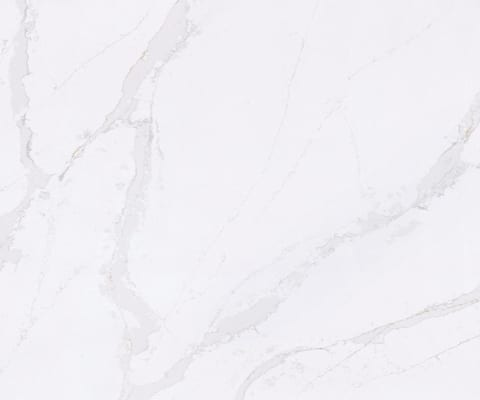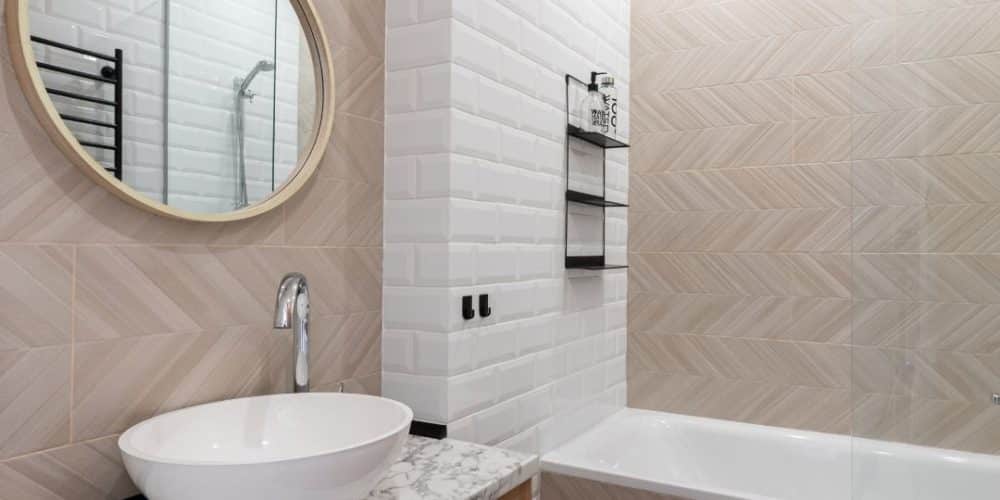
Quartz is one of those countertop materials that get people asking questions. They’re surprised to learn that these countertops are not natural stone—they are what we call “engineered stone.”
After finding out that quartz countertops are not natural stone, they want to know how it compares to the natural stone that we have in stock so that they can decide which choice is right for them. Your countertop is something that will remain in your home for years—maybe even generations—and you want to make sure that you’re making a worthy investment. And making a good investment means comparing the choices in front of you.
If you’re shopping at Washington Marble Works, your choices for countertops are quartz, granite, marble, and quartzite. In this article, we’ll detail some of quartz’s best qualities and see how our natural stone options hold up in the same categories.
Maintenance
Quartz:
Quartz is known for being a low-maintenance stone. It’s naturally nonporous; this is because of the 5–7 percent of the resins and polymers that are included in its makeup. They seal the pores that the stone quartz is made with, essentially doing what sealant does for natural stone countertops but permanently.
Even without sealant, your quartz countertop is not a friendly environment for bacteria or germs—and that’s due to its nonporous nature. Liquid damage and staining won’t be an issue, either. For kitchens and bathrooms, two rooms that see a lot of liquid and spills, this is great news.
To clean quartz, all you need is a paper towel, soap, and water—no fancy cleaners or chemicals. You can’t get much more low maintenance than that.
Natural stone:
Natural stone countertops, unlike quartz, are naturally porous. You can close those pores by sealing your countertop during the fabrication process and then periodically when your countertop needs it. If you don’t seal your natural stone countertops, they will become vulnerable to staining and liquid damage.
As for cleaning, soap and water will do just fine on natural stone countertops as well. But instead of a paper towel, we recommend using a soft cloth to avoid scratches.
Durability
Quartz:
Quartz has no problem withstanding everyday wear and tear. It also is impervious to heat damage, chips, scratches, and liquid damage. Quartz is built to last, and you can make sure it lasts even longer if you take the correct precautions, like setting down hot pads.
Natural stone:
Different types of natural stone have different degrees of durability. Granite and quartzite, for example, are extremely tough stones. They are basically held to the degree of quartz when it comes to durability. Marble, on the other hand, is known for being a bit softer. That doesn’t mean it’s easily breakable, but it should be taken care of with a gentle hand in order to make sure it lasts.
The Investment
Quartz:
With quartz countertops, you get what you pay for. They aren’t the cheapest option on the market—but if you’re looking to create the kitchen or bathroom of your dreams, do you really want the cheapest option out there? Probably not.
Due to the fact that quartz doesn’t ever need to be resealed, you can save a lot of money down the line. Homebuyers are also fans of quartz countertops, so having them installed will also raise the resale value of your home.
Natural stone:
Natural stone is around the same ballpark price as quartz. If you want an exact number, get in touch with us, and we can give you an estimate based on your space and the material that you want. Keep in mind that natural stone will always be a bit more expensive, though, because of the need for resealing down the line. But the good news is that natural stone will raise the resale value of your home as well.
Appearance
Quartz:
Since quartz is a man-made material, its appearance tends to be predictable and seamless. If you’re someone who values the look of a steady pattern and doesn’t appreciate irregularities in the look of your stone, then quartz is a great choice for you. If uniformity and consistency are important for your kitchen or bathroom, choose quartz.
Natural stone:
Natural stone comes from the earth, and its patterns cannot be controlled. This is something that many people love about it—because it means that no two slabs of any natural stone are alike, and every piece is unique.
Is Quartz Your Choice?
Hopefully, knowing the differences between quartz countertops and the natural stone that we stock here at Washington Marble Works can help you decide which stone is right for you. If you’ve still got questions or would like to learn more about quartz, give us a call at (253) 891-1823 for a consultation.



